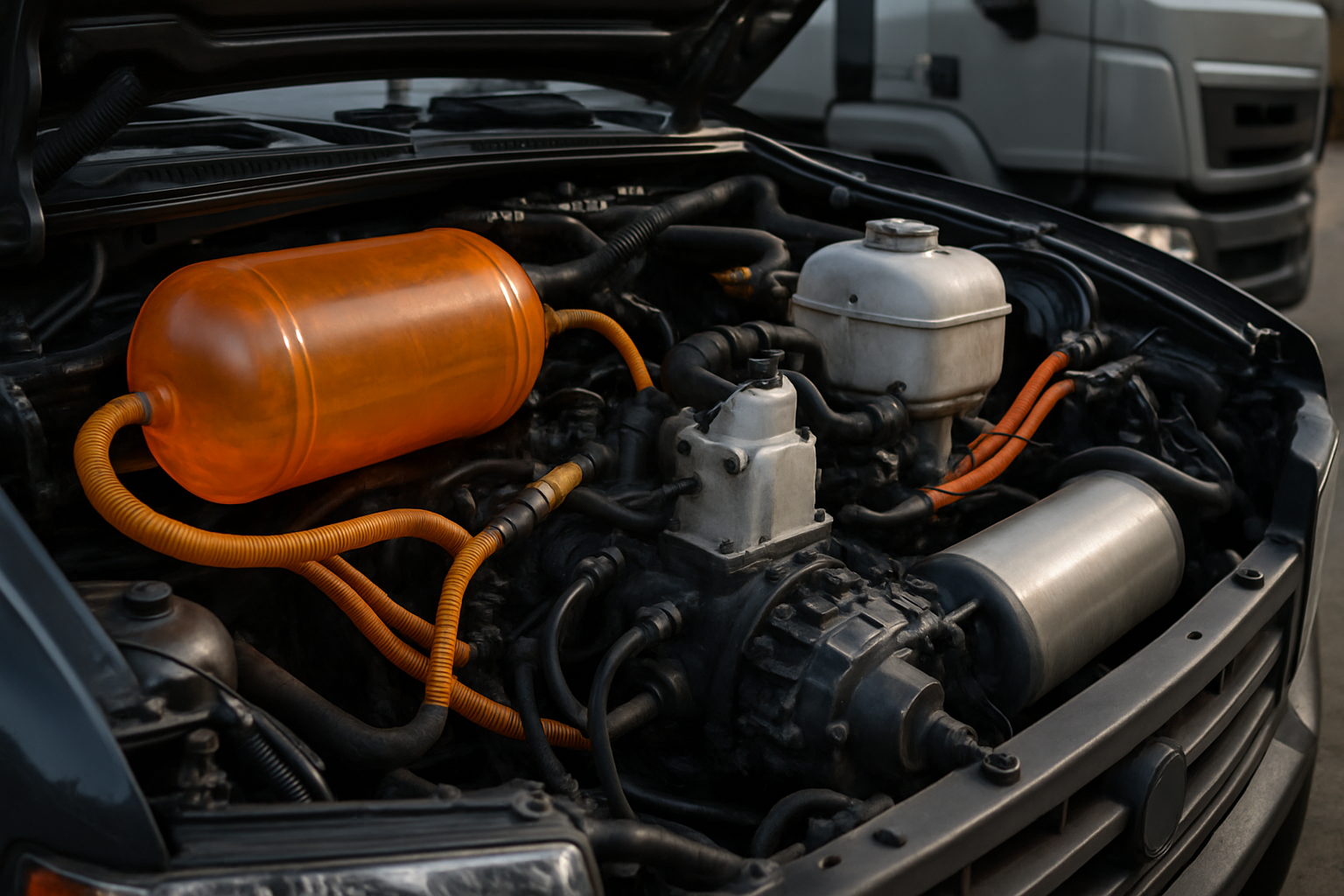Government Vehicle Auctions: How Law Enforcement Sales Work
Law enforcement agencies regularly auction off impounded vehicles to recover storage costs and clear their lots. These sales offer buyers access to a wide variety of vehicles at potentially lower prices than traditional dealerships. Understanding the auction process, inspection procedures, and legal requirements can help interested buyers navigate these specialized vehicle sales effectively.

Understanding Police Impound Vehicle Auctions
When vehicles are impounded by law enforcement for various reasons including unpaid fines, criminal investigations, or abandonment, they eventually need to be disposed of if unclaimed. Police departments and government agencies hold regular auctions to sell these vehicles to the public. The process varies by jurisdiction, but most follow similar procedures for transparency and legal compliance.
These auctions typically include cars, trucks, motorcycles, and sometimes specialty vehicles. The condition of vehicles varies significantly, from well-maintained cars to those requiring substantial repairs. Buyers should understand that most sales are final with limited or no warranties.
How Police Impound Car Sales Work in the USA
In the United States, police impound car sales are governed by state and local regulations. Most jurisdictions require a waiting period before vehicles can be sold, allowing owners time to reclaim their property. Once this period expires, vehicles are prepared for auction.
The auction process usually begins with vehicle inspection periods where potential buyers can examine cars before bidding. Registration requirements vary, but buyers typically need valid identification and may need to provide proof of funds. Some auctions require immediate payment, while others allow short payment periods.
Bidding can occur through live auctions, online platforms, or sealed bid processes. Winners must complete paperwork including title transfers and may need to arrange their own vehicle removal within specified timeframes.
Finding Police Impound Car Sales Across the US
Locating police impound car sales requires research across multiple channels. Many law enforcement agencies maintain websites with auction schedules and vehicle listings. Government surplus websites often consolidate multiple agency sales into searchable databases.
Local newspapers and community bulletin boards may advertise upcoming auctions. Some jurisdictions use third-party auction companies that specialize in government vehicle sales. Online auction platforms have become increasingly popular, allowing broader participation and detailed vehicle information.
Prospective buyers should verify auction legitimacy and understand local regulations. Some areas require dealer licenses for certain types of purchases or limit the number of vehicles individuals can buy annually.
Vehicle Inspection and Condition Assessment
Inspecting vehicles before bidding is crucial since most sales are as-is with no returns or warranties. Inspection periods typically occur days before auctions, allowing buyers to assess mechanical condition, body damage, and interior wear.
Common issues include mechanical problems from extended storage, missing keys, or incomplete paperwork. Some vehicles may have been involved in criminal activities, potentially affecting their history reports. Buyers should check for liens, outstanding loans, or other legal complications.
Professional inspections may be worth the cost for expensive vehicles. Basic checks should include engine condition, transmission operation, brake system, and electrical components. Documentation review should verify clear titles and proper legal procedures.
| Auction Type | Average Price Range | Key Features |
|---|---|---|
| Live Government Auctions | $500 - $15,000 | In-person bidding, immediate inspection |
| Online Police Auctions | $300 - $20,000 | Remote bidding, detailed photos |
| Sealed Bid Sales | $200 - $12,000 | Written offers, less competitive |
| Surplus Vehicle Lots | $400 - $18,000 | Fixed pricing, negotiable terms |
Prices, rates, or cost estimates mentioned in this article are based on the latest available information but may change over time. Independent research is advised before making financial decisions.
Legal Requirements and Documentation
Successful bidders must complete proper documentation to legally own their purchased vehicles. This includes title transfers, registration, and potentially emissions testing depending on local requirements. Some jurisdictions require immediate payment while others allow payment plans.
Buyers should understand their state’s requirements for vehicle registration, insurance, and safety inspections. Out-of-state purchases may involve additional paperwork and transportation considerations. Some vehicles may have restrictions on use or require specific certifications.
Proper documentation protects buyers from future legal issues and ensures clear ownership. Missing or incomplete paperwork can create significant problems when attempting to register or sell vehicles later.
Tips for Successful Bidding
Successful police impound car purchases require preparation and realistic expectations. Setting maximum bid limits helps avoid emotional overspending during competitive auctions. Researching similar vehicle values provides bidding baselines and helps identify good deals.
Buyers should factor in additional costs including auction fees, transportation, immediate repairs, and registration expenses. These costs can significantly impact the total purchase price and should be considered when determining maximum bids.
Understanding auction rules and procedures prevents costly mistakes. Some auctions charge buyer’s premiums, require deposits, or have specific payment methods. Arriving early allows final vehicle inspections and registration completion before bidding begins.
Government vehicle auctions can offer opportunities for budget-conscious buyers willing to accept risks associated with as-is purchases. Success requires thorough research, careful inspection, and realistic expectations about vehicle conditions and additional costs.




